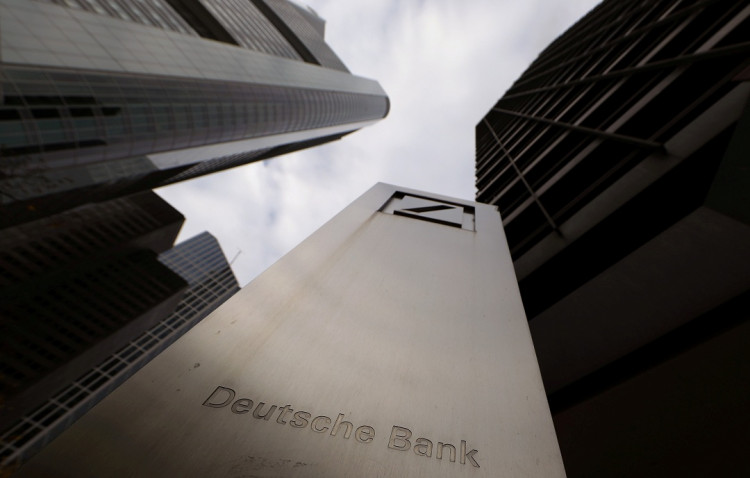Deutsche Bank is planning to remove over 18,000 jobs from its various operations as part of the firm's European business overhaul. The company plans to significantly decrease its trading desks at a scale not seen since the global financial crisis. The overhaul of its European operations will reportedly cost the company around $8.3 billion.
The move is a clear sign of the bank's seemingly temporary retreat from the global investment banking industry, a market it has been fiercely competing in with Wall Street banks for decades. The overhaul will be comprised of various internal changes within the company. The bank is likely admitting defeat following its failure to keep up with larger institutions such as JPMorgan and Goldman Sachs.
This overhaul will include the complete removal of its global equities business and significant cuts in its fixed income and investment operations. The bank's investment and fixed income operations have long been regarding by the analysts as its strongest business, generating a bulk of the company's revenues. The plan will involve the establishment of a department that will handle the firm's risk-weighted assets with an estimated value of over $8.3 billion.
Prior to the announcement of the overhaul, the bank's head of investment, Garth Ritchie, stepped down from his position. According to the firm's chief executive, Christian Sewing, the move will result in a significant transformation of the company, one that will essentially "restart" its operations. Sewing further elaborated a letter to staff members that the bank will now be focusing more on its stable revenue streams. The plan is aimed at making the bank for leaner, profitable, and much more resilient to further global changes.
In May, Sewing had hinted at the bank's plans when he mentioned to shareholders that there will be "tough cutbacks" in the coming months. This was preceded by the bank's failed merger with its rival Commerzbank.
Shareholders and investors have expressed their concerns over the bank's decision stating that there is a very low margin of error for the plan to succeed. Analysts predict that a lot of things have to go right if the bank really wants to bring down its cost-to-income ratio.
Shortly after coming on board as the company's CEO last year, Sewing had made it his mission to trim down the firm's expenses. The executive promised to cut more jobs within the firm and bring staff numbers below 90,000 heads. The latest announcement revealed that the headcount would be reduced to only 74,000 by 2022, which means that almost 18,000 jobs will be removed.





